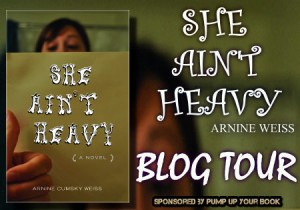
As part of the blog tour for her newest book, She Ain’t Heavy, author Arnine Cumsky Weiss has written a lovely guest post for me about the benefits of joining a writing group, something I’ve always waffled about. I think it’s really appropriate considering the number of my friends and acquaintances who will be starting NaNoWriMo on Friday.
Five Benefits to Joining a Writing Group
by Arnine Weiss
I moved to New York City several years ago, kicking and screaming. My husband transferred here for a new job, and I learned that a mid-life move is not easy. I came from a small town in northeastern Pennsylvania where people on the street said hello and neighbors watched out for each other. I arrived in NYC to learn that the only people who will risk making eye contact with you are those with their hands out.
To make a better connection to the city, I registered for a writing class, which has evolved into a writing group. One of the highlights of my week is getting together with these fine folks and sharing our writing. I’ve realized there are five major benefits in belonging to a writing group.
- It forces you to meet deadlines. We all have busy lives and best-laid plans are often thwarted. By making a commitment to yourself and your fellow writers, the group keeps you on task and forces you to produce the expected number of pages.
- The feedback. The groups I’ve been involved with provide gentle, honest feedback while mutual respect is fostered. Our members come from a wide demographic, making the perspectives varied and more interesting.
- Sense of Community. Writing can be a very lonely endeavor, and writers spend time with characters that often don’t talk back. It can be isolating and requires constant discipline. The writing group creates camaraderie with like-minded individuals who understand your struggles and celebrate your triumphs.
- Familiarity. As your history grows with your writing group, your colleagues get to know your work and your characters, sometimes better than you do. I’ve heard comments like, “Oh, John would never do that.” Or “Mary would never say that.” They refer to your characters by name and know what they look like and how they behave. And the group will call you out if your work is not up to your professional standards.
- And finally, the snacks! We meet in each other’s apartments and celebrate each other’s work in an atmosphere of collegiality while snacking on fun food. It’s always a joy to get together.
Joining a writing group has changed my outlook on living in a city that can be cold and unfriendly. We started out as colleagues and have evolved into friends and like any good relationship, most of us are in it for the long haul.
About Arnine Weiss:
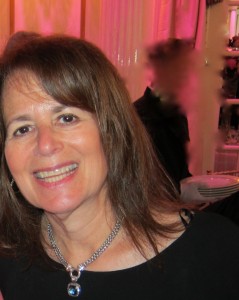
Arnine Cumsky Weiss is a nationally certified sign language interpreter and a teacher of English as a second language. She has worked in the field of Deafness for over thirty years. She is the author of six books. BECOMING A BAR MITVAH: A TREASURY OF STORIES, BECOMING A BAT MITZVAH: A TREASURY OF STORIES (University of Scranton Press), THE JEWS OF SCRANTON (Arcadia Publishing), and THE UNDEFEATED (RID Press) and THE CHOICE: CONVERTS TO JUDAISM SHARE THEIR STORIES (University of Scranton Press). Her second novel, SHE AIN’T HEAVY (Academy Chicago)was published in June, 2013. She is married to Dr. Jeffrey Weiss and is the mother of Matt, Allie, and Ben.
Connect with Arnine Weiss:
Website: ArnineWeiss.com
Twitter: @Arnine
About the Book, She Ain’t Heavy:
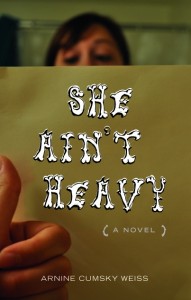
Just when counter clerk Teddy Warner is about to be evicted from her Scranton apartment, she bumps into beautiful, brilliant, blond Rachel – her estranged childhood friend whose mother forbid their friendship thinking Teddy was beneath them.
Teddy and Rachel reconnect over hot chocolate and under New Year’s Eve fireworks. Their discussion leads to an invitation. Soon, Teddy’s on her way to Philadelphia, where Rachel is a student, to share an apartment and begin an exciting new life in the City.
Teddy views Rachel as perfect. Rachel can’t bring herself to shatter the image by letting on that she is having an affair with a married man. Just when Teddy is starting to feel at home, Rachel insists on some privacy. Acting out her anger at being asked to stay away, Teddy indulges in a one-night stand.
When Teddy returns to their apartment the next morning, Rachel is being carried out on a stretcher – the victim of carbon monoxide poisoning. This unforeseen tragedy leaves Teddy alone in a strange city, with no money, no friends, and no connections.
As Teddy struggles to find her way, she meets a mentor at the same university Rachel previously attended who takes an interest in her, but with strings attached. She also develops a unique bond with the firefighter who rescued Rachel. And yet, Teddy remains committed to helping Rachel get back on her feet, at a time when no one else who supposedly loves her can accept her in this diminished way. Along the way, Teddy discovers her own strength in the roles of caretaker, lover, and friend.
Buy a copy at Amazon.com

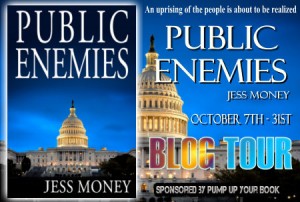

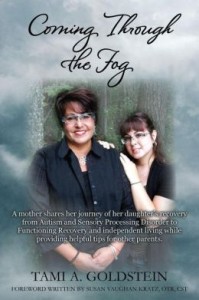
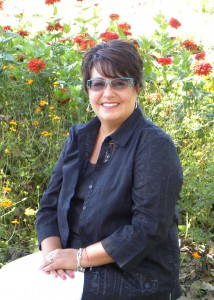
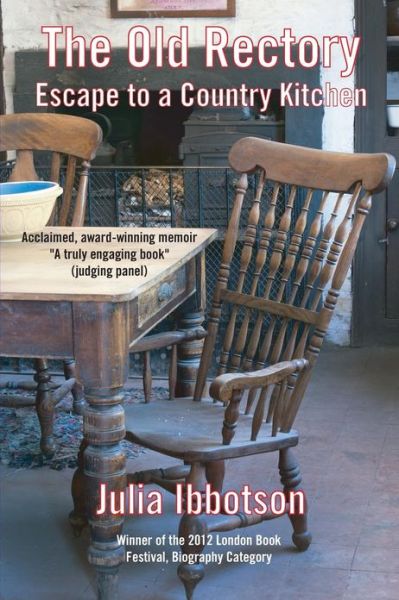

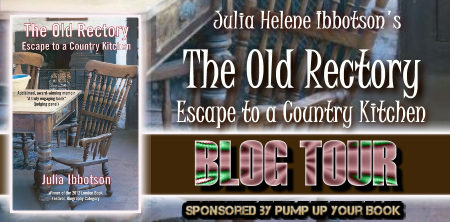

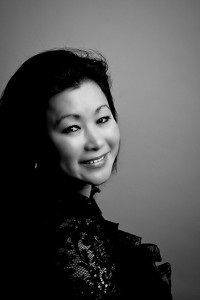 Just yesterday, I posted a review of the marvelously moody, spectacularly spine-tingling Morgan Hall, a modern gothic novel by Bo Briar. Ms. Briar was gracious enough to spend some of her writing time doing an emailed interview with me. I can tell she’d be a great person to share a mug of tea with while spinning stories on a rainy afternoon.
Just yesterday, I posted a review of the marvelously moody, spectacularly spine-tingling Morgan Hall, a modern gothic novel by Bo Briar. Ms. Briar was gracious enough to spend some of her writing time doing an emailed interview with me. I can tell she’d be a great person to share a mug of tea with while spinning stories on a rainy afternoon.